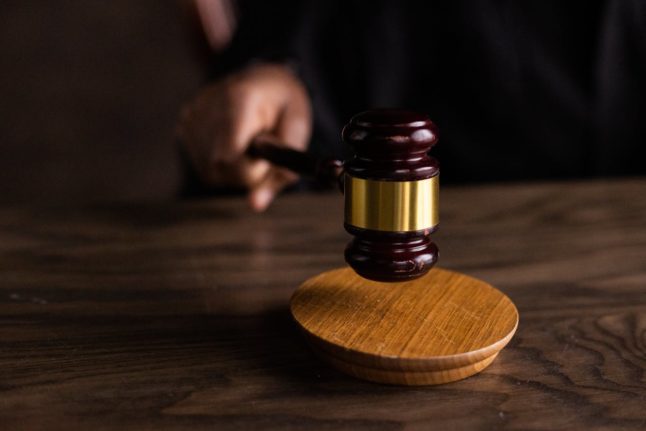Remembering the victims of recent terror attacks in France and Germany, justice minister Simonetta Sommaruga said Switzerland is not an isolated entity and is also affected by the current climate, news agencies reported.
“We should never get used to these attacks and accept them as part of European reality. We will not let ourselves be intimidated by violence… we will defend our values and live according to them,” she said.
Switzerland is a place where different cultures coexist and is defined by the links that “unite us to the world,” she added.
She also used the occasion to stress the importance of the country's relationship with the EU, Switzerland's main trading partner, with whom it is still striving to find a deal over immigration.
“The prosperity that we have in Switzerland is essentially due to the fact that the European Union has succeeded, over seven decades, in preserving peace in Europe,” she said, warning of the threat nationalism poses to that peace.
Visiting Vallorbe in the Swiss Jura, foreign minister Didier Burkhalter spoke of combatting the root causes of terror by creating societies which do not “ghettoise”, Swiss media reported.
He also stressed that Switzerland should not stand back and do nothing in the face of terror in Europe.
The country has “the choice between looking on from afar and waiting, or realizing that nothing is that far away and we must act, that we have a role to play,” he said.
Their words echoed the sentiment of former federal prosecutor Carla del Ponte, who spoke at the country's official National Day celebration on the Grütli meadow near Lucerne.
Del Ponte stressed the diversity of Switzerland, with its multiple languages and cultures, and said it should remain open to the word, tolerant and willing to talk, reported news agencies.
“Fear is the worst adviser” and leads to isolation, she said.
Some 1,400 people gathered on the Grütli on Monday afternoon for the country's official celebration.
Swiss National Day, a holiday in the country, was also celebrated in communities with bonfires and fireworks displays.



 Please whitelist us to continue reading.
Please whitelist us to continue reading.
Member comments